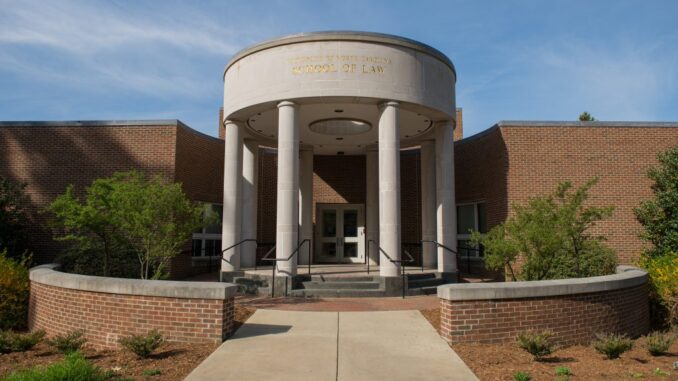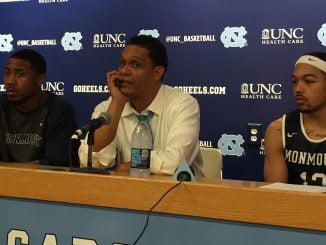
A new alumni led group is forming to promote free speech, diversity of opinion, stimulating debate, and academic freedom at UNC-Chapel Hill.
UNC-CH has tens of thousands, probably over a hundred thousand, alumni worldwide. The UNC Free Speech Alliance will be a force to ensure that all UNC stakeholders, but particularly alumni, are given a strong voice.
The UNC-CH group is part of a growing trend among alumni groups across the United States that are being formed out of frustration by what they see as increasing restrictions on free speech and diversity of opinion at their colleges and universities. A national alliance has been formed of ten such groups. This Alumni Free Speech Alliance (AFSA) includes groups representing alumni at Cornell, Davidson, MIT, the University of Virginia, Washington & Lee, Yale, Lafayette, Princeton, VMI, and Wofford.
The UNC-CH group will soon be seeking formal membership in AFSA. While it is alumni-led, it is wholly independent of the University. It has no political viewpoint.
Founding members of the group have become increasingly frustrated by what they see as increasing restrictions on free speech and diversity of opinion at the University. They believe that while UNC-CH has adopted a strong set of free speech principles and guidelines, its execution is not strong in several areas, notably those having to do with student perceptions of comfort in expressing thoughts, ability to have difficult conversations, university support of free speech, and tolerance of conservative speakers.
These observations tie closely with observations coming out of a 2021 survey of over 37,000 students at 159 of America’s largest and most prestigious college campuses conducted by the Foundation for Individual Rights in Education (FIRE).
More than 80% of students reported self-censoring their viewpoints at their colleges at least some of the time, with 21% saying they censored themselves often.
Generally, students showed much greater intolerance for campus speakers with conservative positions.
Racial inequality, abortion, and gun control topped the list of most difficult subjects to discuss.
66% of students reported some level of acceptance for speaker shout-downs (up 4 percentage points from a previous FIRE survey) and 23% considered it acceptable for people to use violence to stop certain speech (up 5 percentage points). Two elite women’s colleges, Wellesley College and Barnard College, topped this list, supporting the use of violence at 45% and 43% respectively.
Only a third of students said that their college administration makes it either very or extremely clear that they will protect free speech on campus.
The new UNC Free Speech Alliance is in the process of inviting individuals to join. It is most interested in enlisting alumni, but is also welcoming students, faculty, and others. There is no fee to join. Its website is uncfreespeech.com. It will soon be putting a governing board in place and begin publishing a regular newsletter.
This is all very exciting news. We believe that there is huge groundswell of support for organizations such as this to specifically promote free speech and diversity of opinion on our campuses. By the very nature of their geographic dispersion and interests outside of the University, alumni find it very difficult to find a voice on these critically important issues. The UNC Free Speech Alliance will greatly help in serving that purpose.
Universities thrive when there are no restrictions on free speech and diversity of opinion. Unfortunately, and we all read about it every day, students, faculty, and administrators at too many of our leading universities find themselves self-canceling their views out of fear for their reputations, sometimes their careers, and in extreme cases even their physical well beings. It’s tragic.
Alumni who well remember what it was like to be able to thrive in an academic environment unhindered by formal or informal restrictions on free speech and diversity of opinion can be a powerful influence on their respective colleges and universities.
The UNC Free Speech Alliance will be a voice which will be a very positive influence at UNC-CH. And hopefully, alumni at more of our great North Carolina colleges and universities will take notice of what they can accomplish for their alma maters.



